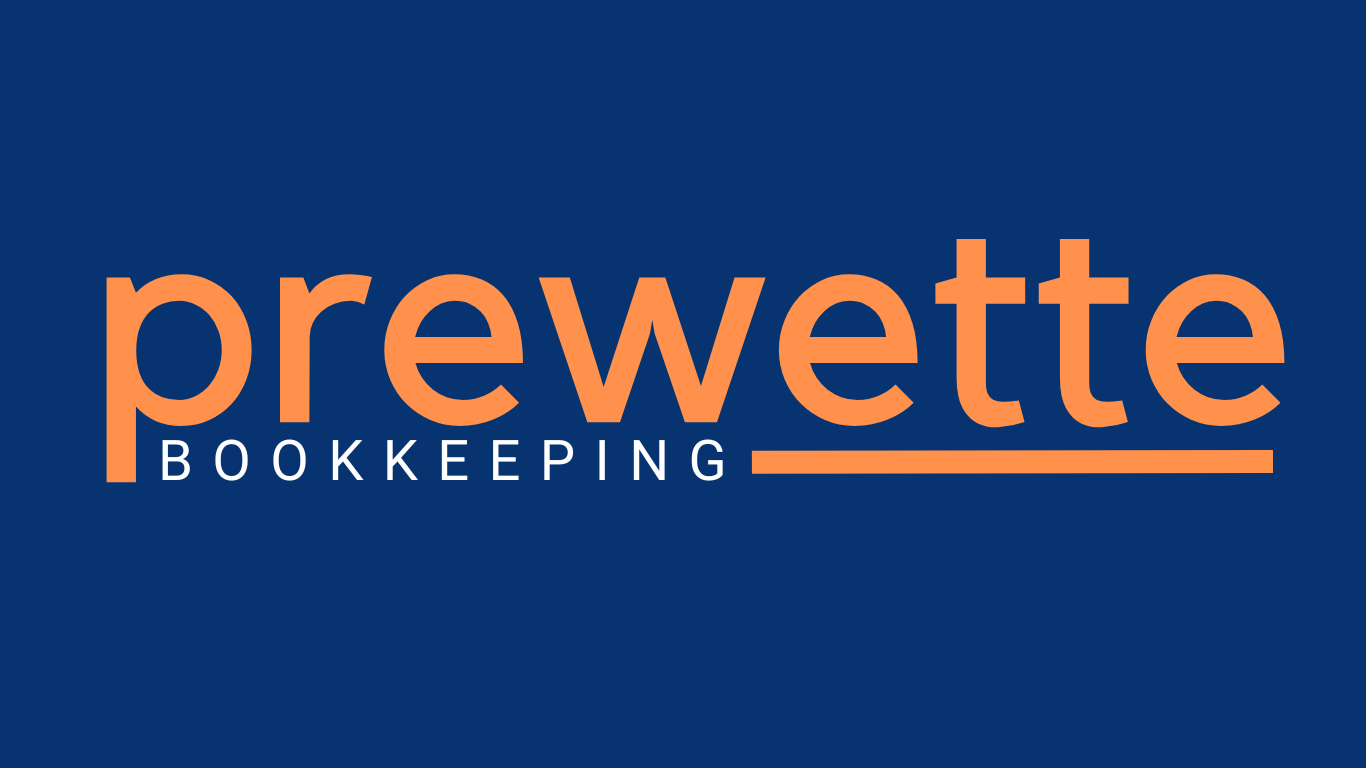As a small business owner or nonprofit leader, applying for a loan or a grant can be a game-changer. Whether you’re seeking a loan to expand operations, fund a new project, or simply bridge a temporary cash flow gap, having your financials in order is essential. One of the most critical steps in preparing for that application process? Bookkeeping.
Bookkeeping is more than just tracking income and expenses—it’s about creating a solid financial foundation that helps you make informed decisions and communicate your financial health clearly to potential lenders or funders. Here’s why keeping your books in order is a non-negotiable step when applying for loans and grants.
1. Demonstrates Financial Responsibility and Trustworthiness
Lenders and grant providers want to know that they’re investing in an organization that can handle financial matters responsibly. If you haven’t been diligent with your bookkeeping, it may raise red flags and cast doubt on your ability to manage the funds they provide.
Accurate, up-to-date financial records show that you are serious about your organization’s finances. Whether you’re a nonprofit or small business, demonstrating that you understand your financial situation—through balance sheets, income statements, and cash flow statements—instills confidence in potential lenders or funders. In short, good bookkeeping shows that you are a trustworthy investment.
2. Helps You Meet Loan or Grant Application Requirements
Many loans and grants require detailed financial documentation to evaluate your eligibility. These documents may include:
- Profit and loss statements
- Cash flow projections
- Balance sheets
- Tax returns
Without accurate, organized bookkeeping, you may struggle to provide these crucial documents. Having clean, up-to-date records ensures you can easily generate these reports, saving you time and effort during the application process.
Furthermore, some grants and loans may require specific financial metrics (such as a certain debt-to-equity ratio or positive net income), and bookkeeping helps you track and meet those criteria.
3. Gives You a Clear Picture of Your Financial Health
When applying for a loan or grant, you need to be able to confidently answer questions about your organization’s financial health. Lenders want to understand how much revenue your business is generating, your outstanding debts, and your overall ability to repay the loan. Nonprofits may need to demonstrate sustainability and the ability to fund future projects.
Proper bookkeeping allows you to have these answers at your fingertips. Without it, you could find yourself scrambling to gather financial information that may ultimately hinder your ability to secure funding.
4. Helps You Forecast and Plan for the Future
A good bookkeeping system doesn’t just track your current financials—it also helps you forecast future income and expenses. When applying for a loan or grant, being able to show a well thought out financial projection gives lenders or funders confidence that you’ve planned for the future and have considered potential risks and challenges.
For example, if you’re applying for a loan to open a new store or expand your nonprofit’s outreach, you’ll need to project future sales, income, and expenses. Proper bookkeeping and financial forecasting can help you create realistic, data-backed projections that strengthen your application.
5. Supports Tax Compliance and Avoids Audits
Bookkeeping isn’t just about applying for loans and grants; it’s also about ensuring you stay compliant with tax laws. If you don’t have accurate records, you could run into trouble during tax season or even face audits, which could jeopardize your chances of securing funding.
Lenders and grant providers will often ask for recent tax returns to verify your financial status. Having your bookkeeping in order helps ensure that these returns are accurate and up to date, making the process of applying for loans and grants smoother and more efficient.
6. Helps You Avoid Overborrowing or Undervaluing Your Needs
Without proper bookkeeping, you may not fully understand how much you need to borrow or how much funding you require for your nonprofit. It can be easy to overestimate or underestimate your funding needs, leading to borrowing too much, taking on too much debt, or not securing enough funds to carry out your projects.
With accurate financial records, you’ll have a clear sense of what you can afford to borrow, what funds you need, and how much debt your business or nonprofit can handle. This not only improves your chances of getting approved for the right amount but also ensures that you don’t find yourself in a financially unsustainable situation down the road.
7. Increases Your Chances of Approval
Many lenders or grant-makers will look at your financial history and performance as part of their decision-making process. The better your financial records, the more likely you are to be approved for the funding you need. Accurate bookkeeping doesn’t just help you with the application—it improves your overall credibility.
By keeping your financials in good shape, you are more likely to stand out from other applicants who may not have their records as well-organized, making you a more attractive option for lenders or funders.
Conclusion
Bookkeeping is often seen as a tedious or secondary task, but when it comes to securing a loan or grant, it’s one of the most crucial elements of the application process. Having organized, accurate, and up-to-date financial records can make all the difference in helping you secure the funding your business or nonprofit needs to grow and succeed. It not only helps you stay on top of your finances but also demonstrates your professionalism and reliability to potential lenders or funders.
If you’re not already on top of your bookkeeping, now is the time to start. Whether you handle it in-house, hire a bookkeeper, or use accounting software, taking the time to maintain proper financial records will pay off in the long run—and could be the key to getting your next loan or grant.
All Rights Reserved | Powered By Snapps
Schedule a Meeting
Discovery Call: Click HERE to schedule a free 30-minute phone or video consultation to answer your questions
about Prewette Bookkeeping and to see if we are a good fit to work together.

